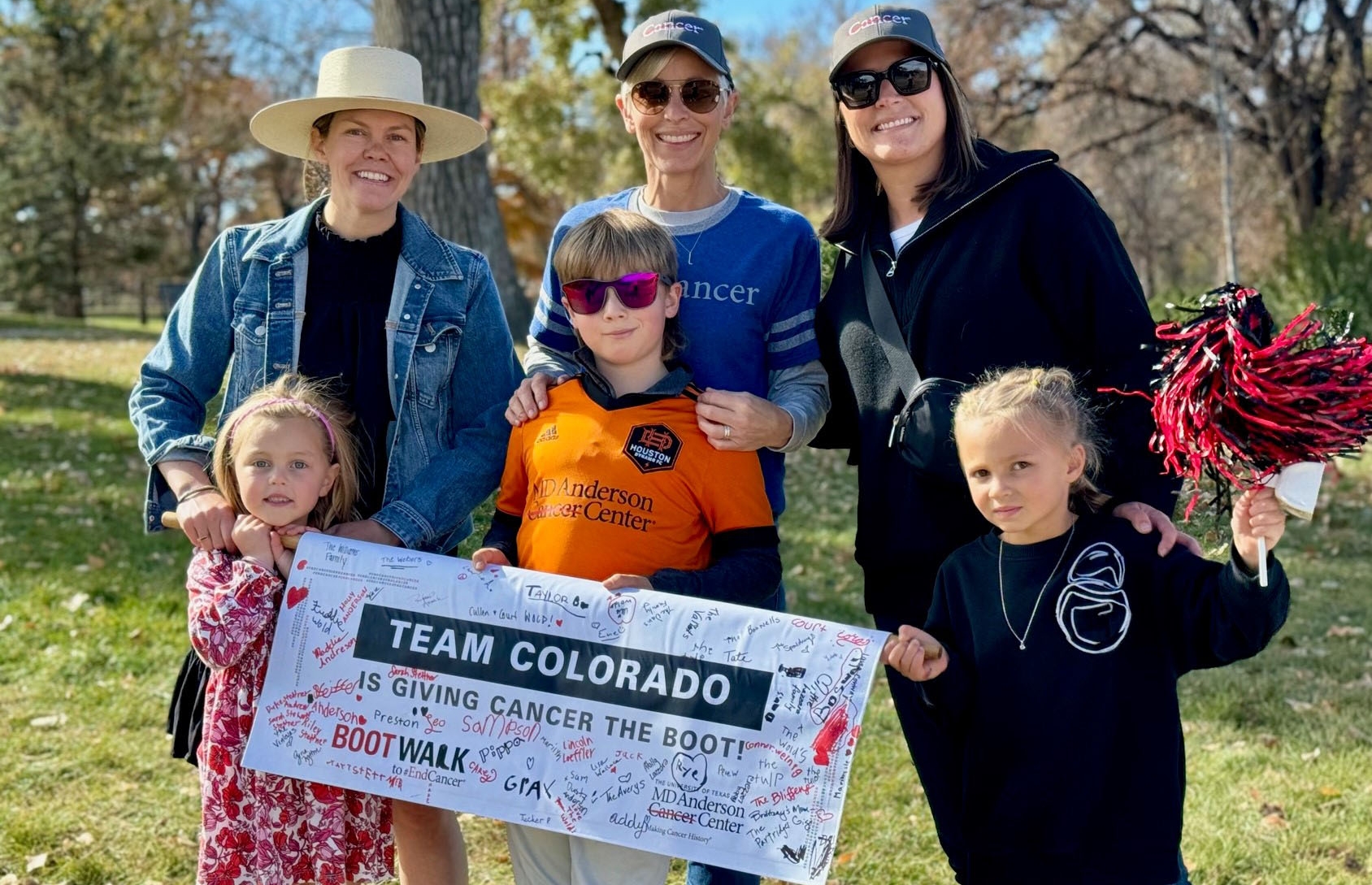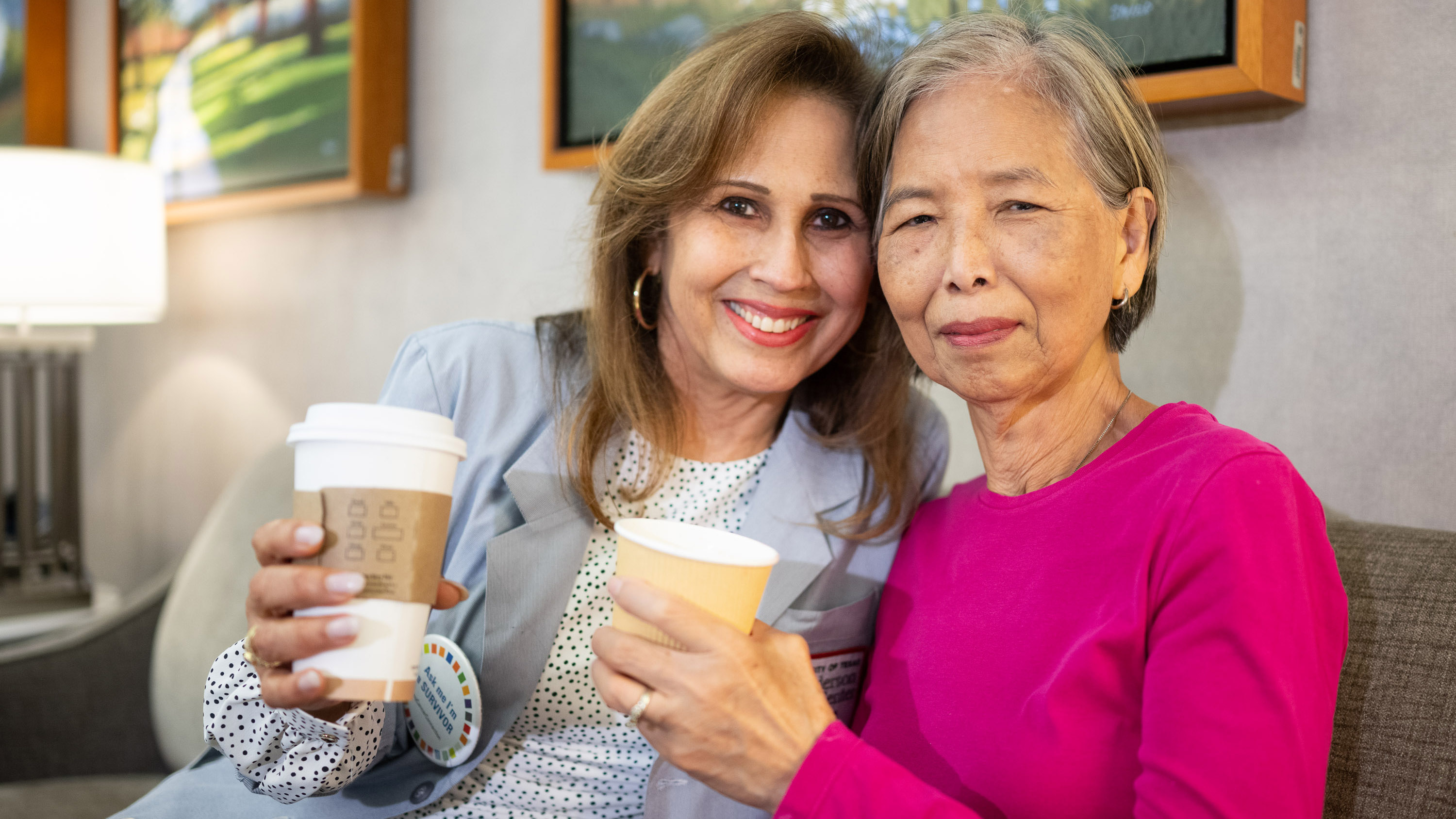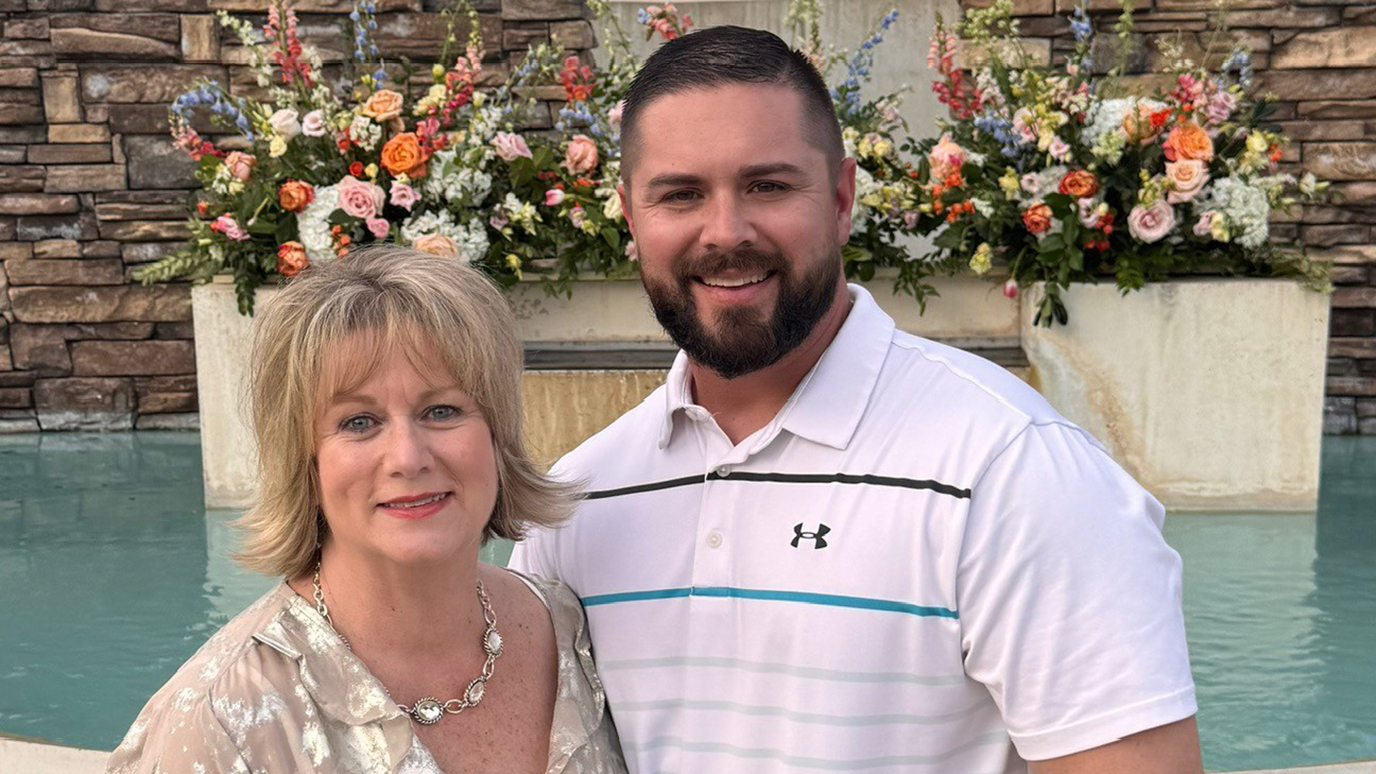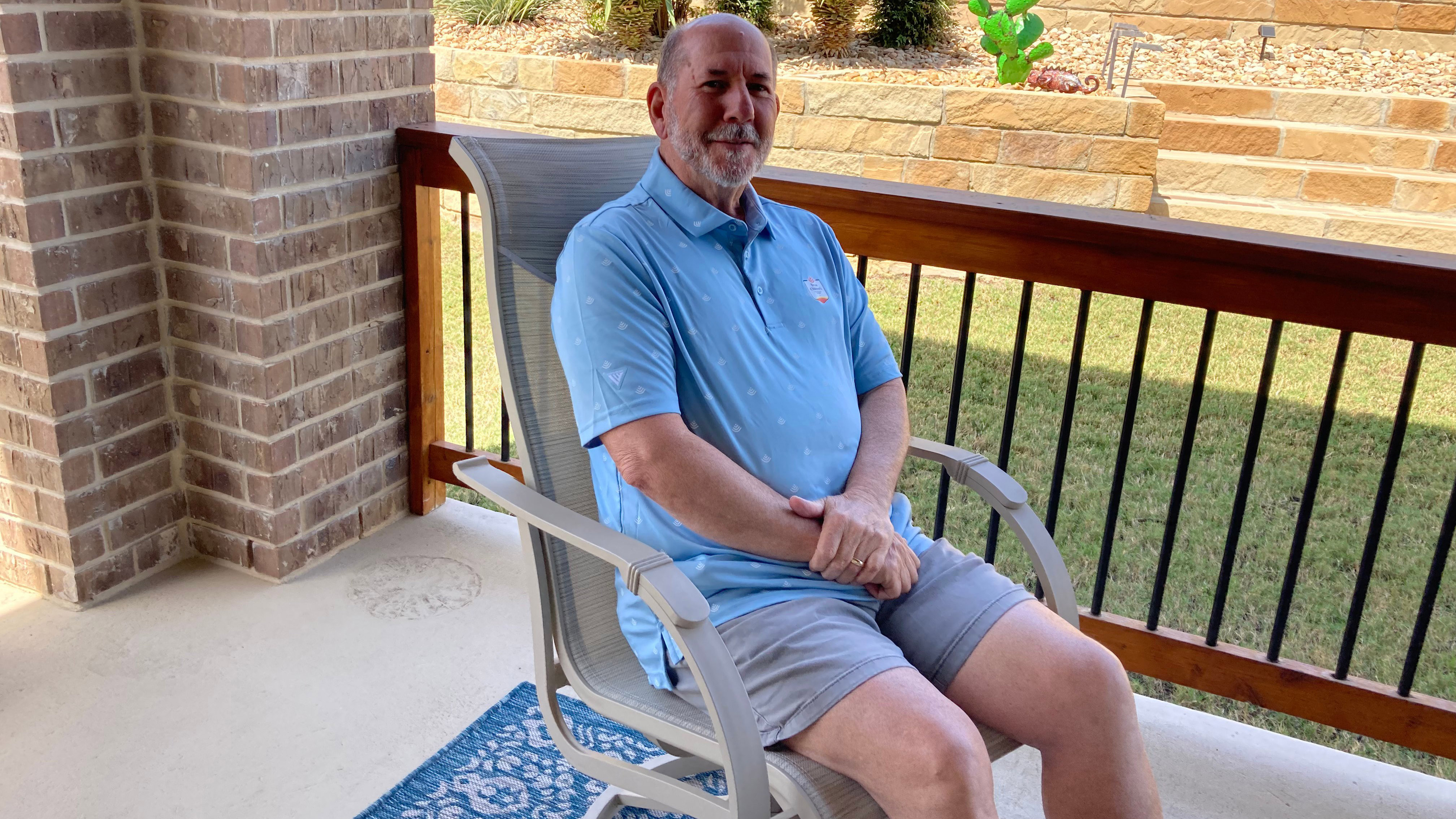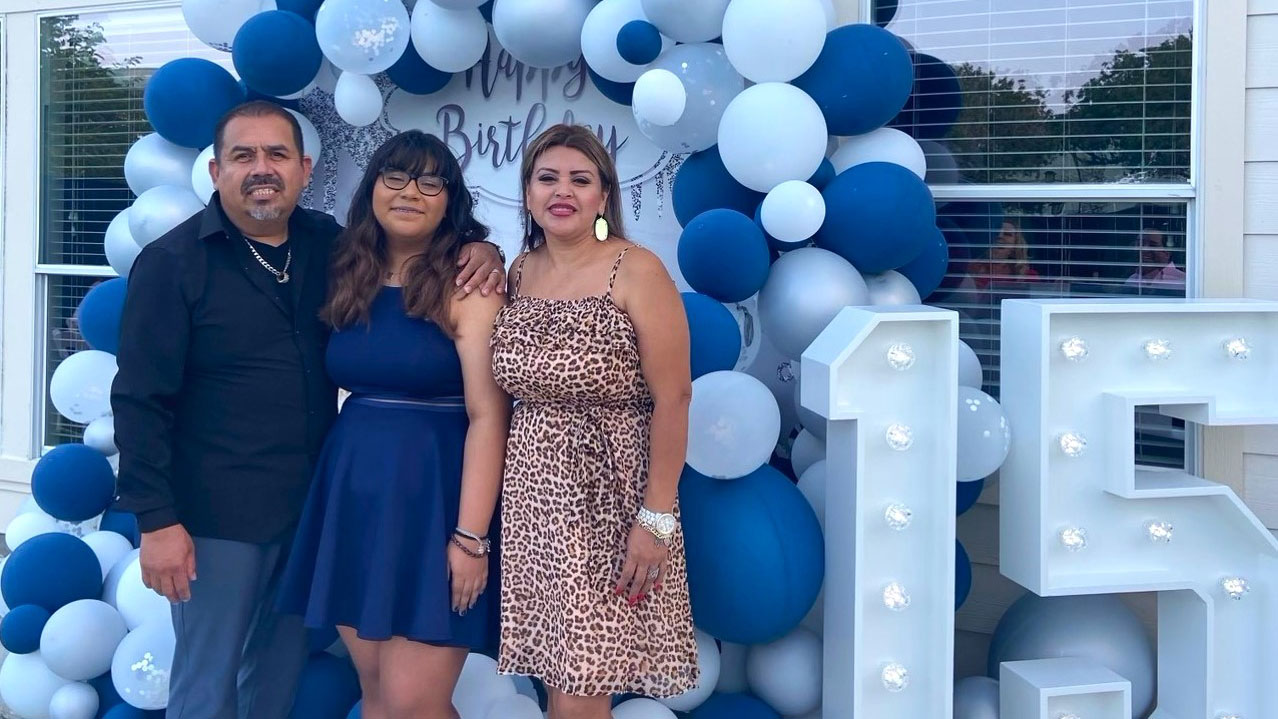- Diseases
- Acoustic Neuroma (16)
- Adrenal Gland Tumor (24)
- Anal Cancer (70)
- Anemia (2)
- Appendix Cancer (18)
- Bile Duct Cancer (26)
- Bladder Cancer (74)
- Brain Metastases (28)
- Brain Tumor (234)
- Breast Cancer (728)
- Breast Implant-Associated Anaplastic Large Cell Lymphoma (2)
- Cancer of Unknown Primary (4)
- Carcinoid Tumor (8)
- Cervical Cancer (164)
- Colon Cancer (168)
- Colorectal Cancer (118)
- Endocrine Tumor (4)
- Esophageal Cancer (44)
- Eye Cancer (36)
- Fallopian Tube Cancer (8)
- Germ Cell Tumor (4)
- Gestational Trophoblastic Disease (2)
- Head and Neck Cancer (14)
- Kidney Cancer (130)
- Leukemia (342)
- Liver Cancer (50)
- Lung Cancer (286)
- Lymphoma (278)
- Mesothelioma (14)
- Metastasis (30)
- Multiple Myeloma (100)
- Myelodysplastic Syndrome (60)
- Myeloproliferative Neoplasm (6)
- Neuroendocrine Tumors (16)
- Oral Cancer (102)
- Ovarian Cancer (178)
- Pancreatic Cancer (162)
- Parathyroid Disease (2)
- Penile Cancer (14)
- Pituitary Tumor (6)
- Prostate Cancer (150)
- Rectal Cancer (58)
- Renal Medullary Carcinoma (6)
- Salivary Gland Cancer (14)
- Sarcoma (238)
- Skin Cancer (302)
- Skull Base Tumors (56)
- Spinal Tumor (12)
- Stomach Cancer (66)
- Testicular Cancer (28)
- Throat Cancer (92)
- Thymoma (6)
- Thyroid Cancer (100)
- Tonsil Cancer (30)
- Uterine Cancer (86)
- Vaginal Cancer (18)
- Vulvar Cancer (22)
- Cancer Topic
- Adolescent and Young Adult Cancer Issues (22)
- Advance Care Planning (12)
- Biostatistics (2)
- Blood Donation (18)
- Bone Health (8)
- COVID-19 (360)
- Cancer Recurrence (120)
- Childhood Cancer Issues (120)
- Clinical Trials (628)
- Complementary Integrative Medicine (22)
- Cytogenetics (2)
- DNA Methylation (4)
- Diagnosis (240)
- Epigenetics (6)
- Fertility (62)
- Follow-up Guidelines (2)
- Health Disparities (14)
- Hereditary Cancer Syndromes (128)
- Immunology (18)
- Li-Fraumeni Syndrome (8)
- Mental Health (122)
- Molecular Diagnostics (8)
- Pain Management (62)
- Palliative Care (8)
- Pathology (10)
- Physical Therapy (18)
- Pregnancy (18)
- Prevention (940)
- Research (390)
- Second Opinion (78)
- Sexuality (16)
- Side Effects (616)
- Sleep Disorders (10)
- Stem Cell Transplantation Cellular Therapy (216)
- Support (408)
- Survivorship (330)
- Symptoms (182)
- Treatment (1794)
Brother and sister face colorectal cancer together
6 minute read | Published April 02, 2021
Medically Reviewed | Last reviewed by an MD Anderson Cancer Center medical professional on April 02, 2021
Siblings Christopher and Lindsay Welch have always been close.
“We were born only 18 months apart,” Lindsay says, “so we shared a lot.”
Little did they realize that three decades later, they would share something else: colorectal cancer. Christopher’s diagnosis came first, in April 2017. He was 37 years old. Lindsay was diagnosed six months later, at age 36.
“It’s pretty unusual for two siblings so young to be diagnosed with the same cancer in the same year,” says colorectal surgeon George Chang, M.D., who operated on both Christopher and Lindsay. “I’ve worked at MD Anderson more than 15 years, and I’ve seen only a handful of cases like it.”
A colorectal cancer diagnosis
For Christopher, the first sign that something was wrong was blood in his stool.
“I thought I had hemorrhoids,” he says. “I figured they would eventually go away.”
When the bleeding continued, he consulted a doctor, who ordered a colonoscopy. After the procedure, the doctor delivered solemn news.
“You have a golf-ball sized tumor near the lower end of your anal canal,” he said. “I’m 99% certain it’s cancer.”
The pathology report confirmed what the doctor already knew: Christopher had stage III colorectal cancer. He turned down the doctor’s referral to a local oncologist, and instead called MD Anderson.
“My mother was treated for lymphoma at MD Anderson 15 years ago,” he says. “The care she received was stellar. There was never a question where I would seek treatment.”
Radiation therapy close to home
Christopher’s treatment began with six weeks of chemoradiation – an approach that combines chemotherapy and radiation therapy at the same time.
“Chemotherapy drugs make cancer cells more sensitive to radiation, so the two therapies work well together to shrink tumor tissue,” says Douglas Nelson, M.D., Christopher’s oncologist.
Christopher’s chemotherapy medication – capecitabine – was in the form of a pill he swallowed twice a day. His radiation therapy took place at MD Anderson The Woodlands, only 20 miles from his home.
“Driving to The Woodlands was way more convenient than making the hour-long drive to MD Anderson’s Texas Medical Center location,” he says, “especially considering that therapy was every day for 30 days.”
Minimally invasive colorectal surgery leads to faster recovery
With chemoradiation completed, Christopher underwent surgery to remove part of his colon and rectum. Chang also removed lymph nodes near the tumor, in case cancer cells had infiltrated the lymph system. He performed the operation robotically, using a control console to operate robotic arms that maneuvered small-scale surgical instruments through tiny incisions inside Christopher’s body.
“Traditional surgical instruments are straight and rigid,” Chang explains. “Robotic surgical instruments have joints that provide a range of motion similar to the human hand, but their movements are much more precise and steady."
Chang removed 11 inches of Christopher’s colon and rectum. He then fitted his patient with a temporary ostomy bag that would collect stool for six months while he healed from surgery.
After only two nights in the hospital, Christopher went home.
“Robotic surgery offers patients a faster recovery time with smaller incisions and less pain than traditional surgery,” Chang explains.
Christopher’s wife and two children celebrated his return and some good news: Pathology reports showed that his cancer had not spread to other organs. Chang had removed all visible signs of the disease.
A dual colorectal cancer diagnosis
To guard against his cancer coming back, Christopher underwent eight rounds of preventive chemotherapy after surgery. Three drugs – folinic acid, fluorouracil and oxaliplatin, together known as FOLFOX – were delivered into his bloodstream through an IV drip. During one of his infusions, he learned that Lindsay, who was living in New York, had also been diagnosed with colorectal cancer.
“Our aunt called me with the news because Lindsay was too upset to tell me,” he says. “I was speechless.”
Before Christopher was diagnosed, Lindsay, too had been noticing blood in her stool. She assumed it was nothing serious.
“I knew I should see a doctor,” she says. “but I was a mom and wife with a full-time job. I kept putting it off until my brother’s diagnosis motivated me to quit procrastinating. I made an appointment.”
Lindsay’s story unfolded like Christopher’s.
Her doctor ordered a colonoscopy, which revealed stage III colorectal cancer. Lindsay would need surgery, the doctor said.
"I was completely shocked by my cancer diagnosis," she recalls. "I felt like I was walking in my brother's shoes."
Colorectal cancer diagnoses create a new family connection
Christopher phoned his sister immediately when he learned she had cancer.
“You have to come to MD Anderson,” he urged. “It’s the best cancer center in the country.”
But Lindsay already knew that.
“We truly believe the care our mother received at MD Anderson extended her life and gave us extra years with her before she finally succumbed to cancer," Lindsay says. "And now my brother was receiving the same wonderful care. I knew MD Anderson was where I needed to be."
The next week, she boarded a plane and flew to Houston where she met her MD Anderson treatment team. Chang would perform her surgery, and gastrointestinal medical oncologist Michael Overman, M.D., would prescribe chemotherapy and other medications. Lindsay completed a series of medical tests and imaging to prepare for surgery.
“It was a whirlwind,” she says, “but I was calm. I had such peace of mind just knowing I was at MD Anderson.”
His experience prepared her for colorectal cancer surgery
Christopher walked his sister through what to expect.
“It was helpful to have a big brother who was a few months ahead of me in treatment,” Lindsay says. “Anything I was experiencing or about to experience, he’d already been through.”
Four days after Thanksgiving, Lindsay had surgery. Chang removed more than seven inches of her colon and rectum, along with nearby lymph nodes. Her tumor was smaller than Christopher’s – about the size of a grape – and in a location that allowed her to avoid an ostomy bag and radiation therapy altogether.
“Chris had a tougher row to hoe,” she says. “But I’m thankful and relieved that his cancer, like mine, hadn’t spread.”
Coordinated care, across the miles
Cardiovascular surgeon George Pisimisis, M.D., implanted a flexible, hollow tube into a vein in Lindsay’s chest before she headed home to New York. Doctors there would deliver chemotherapy into the tube, called a “port,” for three months to help prevent her cancer from returning.
Overman prescribed the chemotherapy drugs capecitabine and oxaliplatin – a combination known as CAPOX. He and Lindsey’s hometown oncologist collaborated closely until her treatment was completed.
Genetic testing raises questions
Today, Lindsay and Christopher continue to show no evidence of cancer.
Christopher has returned to his industrial chemical sales job, and Lindsay, now a full-time mom, volunteers at her son’s elementary school where she serves as a PTA officer. She's still a Texan at heart, and continues to root for her favorite Houston sports teams from her home in New York's Adirondak mountains.
She and Christopher are sometimes asked how they managed to get the same stage and type of cancer, in the same location, at the same time.
“A genetic mutation was the most likely culprit, so both Chris and I were tested at MD Anderson,” Lindsay says.
The tests showed Christopher had no cancer-causing genetic mutations. Lindsay, however, had “a variant of uncertain significance” – a genetic change whose impact on a person’s cancer risk is not yet known. Lindsay’s variant remains on a “watch list” as researchers collect information to determine whether or not people who have it are at increased cancer risk.
“Several of our family members have had various cancers over the years,” Lindsay says. “Perhaps we’ll learn more. Time will tell.”
Request an appointment at MD Anderson online or by calling 1-877-632-6789.
Related Cancerwise Stories

I was completely shocked by my cancer diagnosis. I felt like I was walking in my brother's shoes.
Lindsay Welch Cassidy
Survivor

